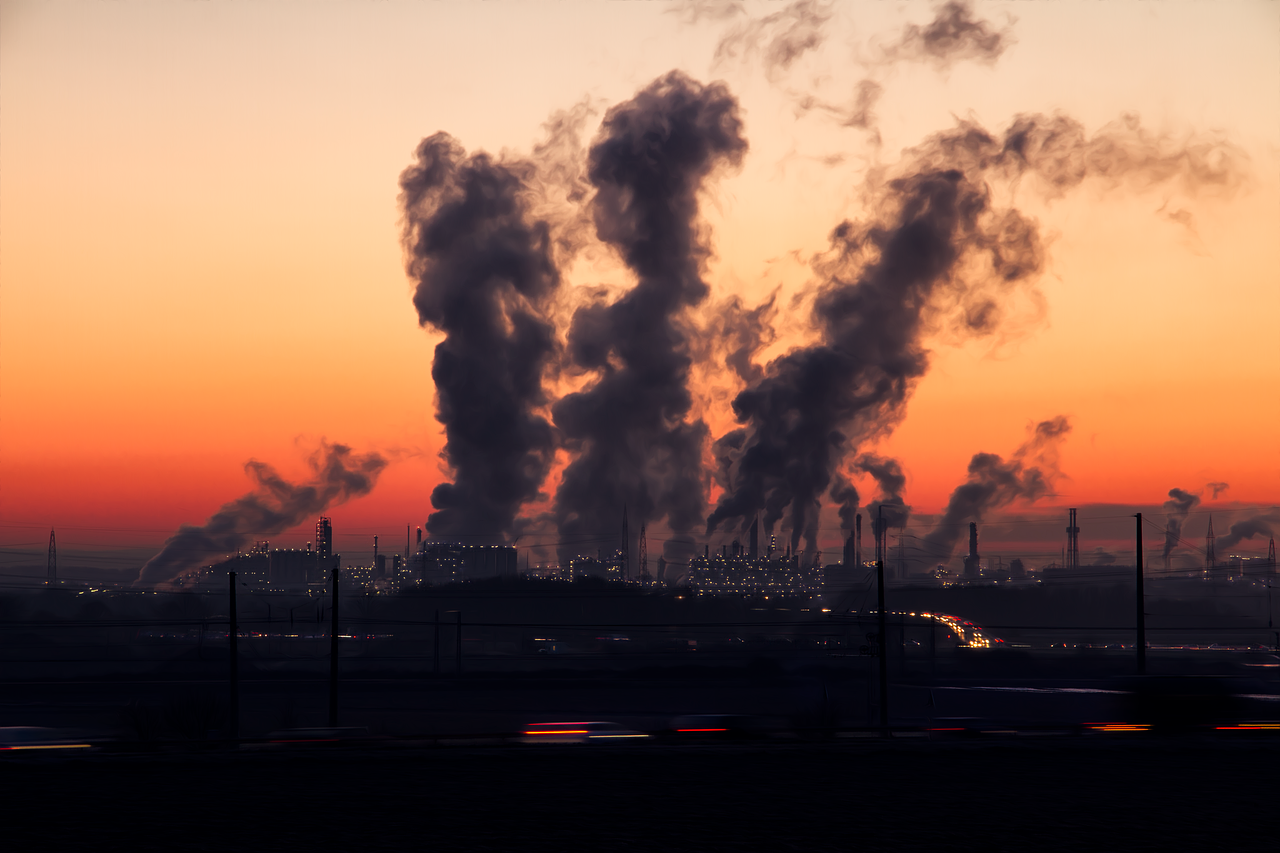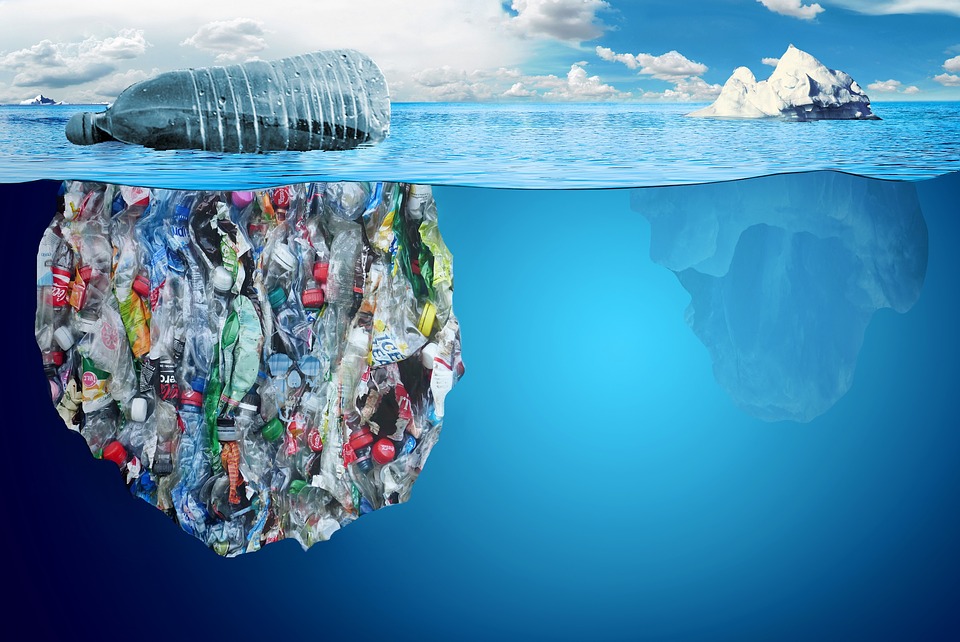China-made goods have killed at least 100,000 people due to industrial pollution
03/18/2019 / By Rhonda Johansson

The huge demand for Chinese-made goods may have been responsible for more than 100,000 deaths in China due to the air pollution associated with their production. A new study found that international trade can lead to premature death due to industrial pollution. Environmentalists have constantly reminded people that pollution in the air can negatively affect those near the source of emissions. However, global trade may have “shifted” more than 700,000 pollution-related deaths from areas that import goods and services, like Western Europe and the U.S., to those that produce them, like China. These findings highlight the need for more advanced pollution control technologies within our country, while also helping other countries develop better emission reduction policies.
Steven Davis, an earth systems scientist at the University of California, Irvine and co-author of the paper published in Nature says, “when we see pictures of terrible smog in Beijing, we have a tendency to point fingers and say they should clean up their stuff. But that’s a little unfair because when you and I go to Walmart and buy a lawn chair, it’s a few cents cheaper, and as a result people are dying in China.”
The international team led by atmospheric chemist Qiang Zhang of Tsinghua University in Beijing examined emissions data from 13 global regions in 2007 – the last year that held comprehensive data. It was found that 22 percent of air-pollution-related deaths were associated with goods and services being produced in one country and consumed in another. This translates to around 762,400 people dying worldwide from inhaling microscopic particles measuring less than 2.5 millionths of a meter in diameter. These particulate matters are mostly produced by burning coal.
“On some level, the responsibility lies with us, because we’re consuming those goods,” concludes Jason West, an environmental engineer at the University of North Carolina, Chapel Hill. “These global effects are real and this helps us get a grasp on the magnitude of the influence trade has on air pollution related health.”
“Our finding quantifies the extent to which air pollution is a global problem in our global economy. We call for international cooperation to tackle the problem,” ends Zhang.
In other words, economic consumption by consumers in America and Western Europe seems to have had unforeseen, catastrophic consequences in China.
Death by the numbers
The process works both ways. Air pollution produced in China accounted for more than 64,000 premature deaths elsewhere, with around 3,100 suspected cases in Western Europe and the US. Countries that neighbor China are also worse for wear. Researchers estimate that 30,900 premature deaths in the rest of East Asia (including Japan and South Korea) can be associated with toxic air produced in China. Having the world’s largest population, the research found that the emissions produced per million Chinese causes around 770 deaths worldwide.
It is not only the population that is the problem. Authors of the study suggest that developing countries may have a conflict of interest in improving air quality and attracting direct foreign investment. As such, they suggest improved air emission reduction policies. They note, “improving pollution control technologies in China, India and elsewhere in Asia would have a disproportionately large health benefit in those regions and worldwide, and international co-operation to support such pollution abatement efforts and reduce ‘leakage’ of emission via international trade is in the global interest.”
“China is already strongly motivated to reduce emissions in order to improve the domestic impacts of that pollution,” says Davis. “What we’ve done is quantify in terms of the numbers of deaths this tradeoff between economic development and environmental impact, some of which is hidden by international trade.”
The study noted that air pollution caused more than 3.45 million premature deaths worldwide. A majority of these cases are attributed to production activities such as transportation, manufacturing, and agriculture.
Sources include:
Tagged Under: China, environ, environment, Fatalities, global trade, international trade, manufacturing



















